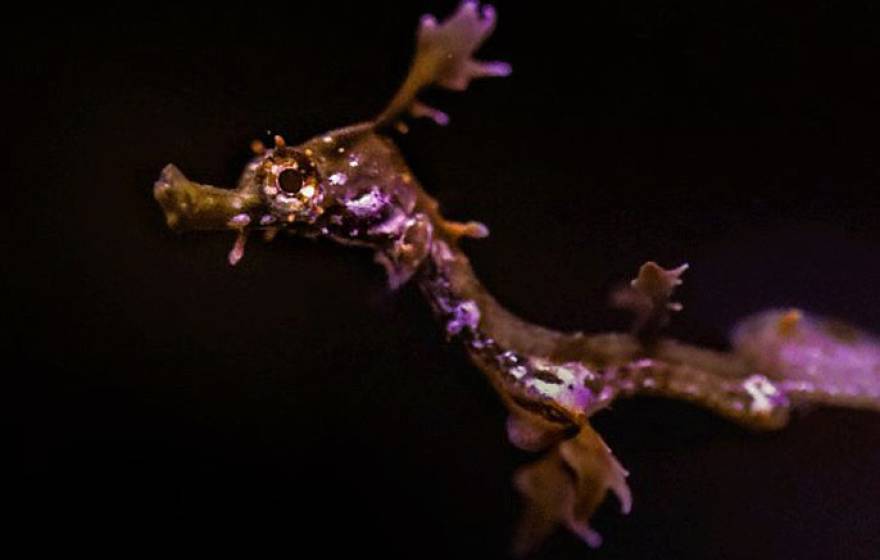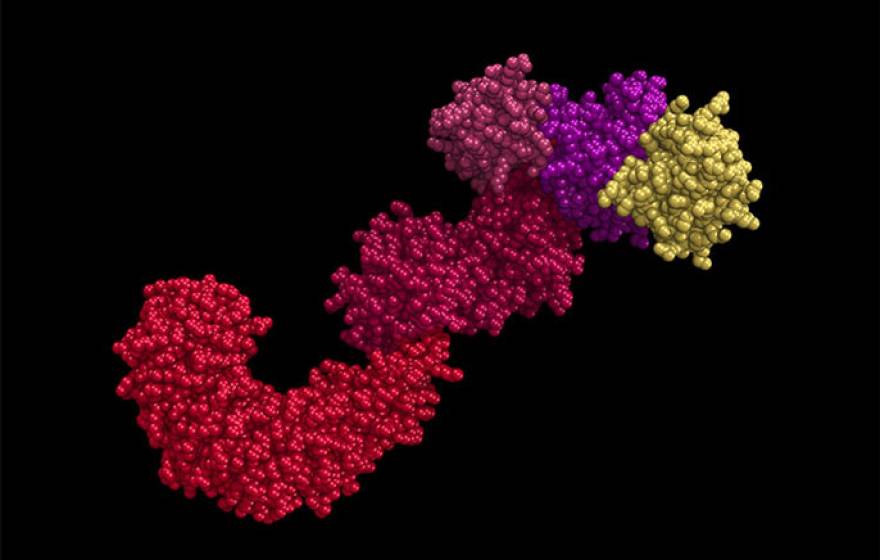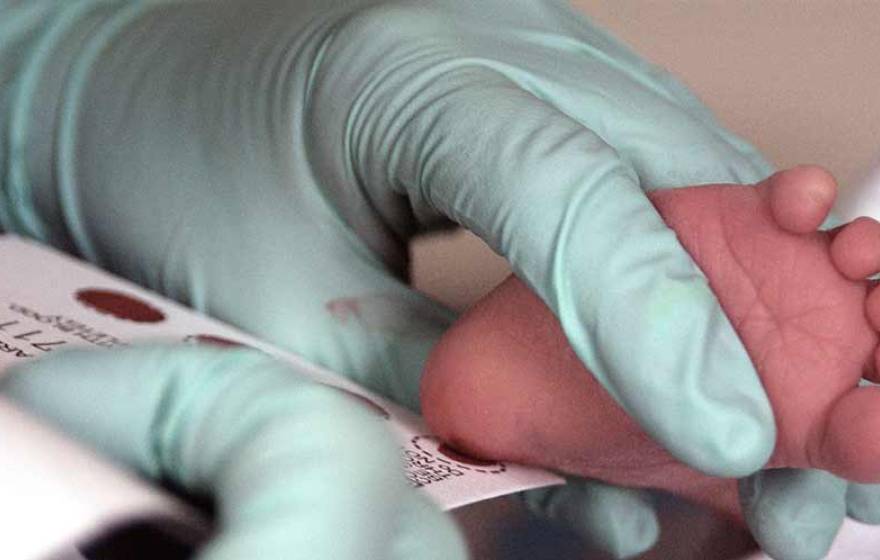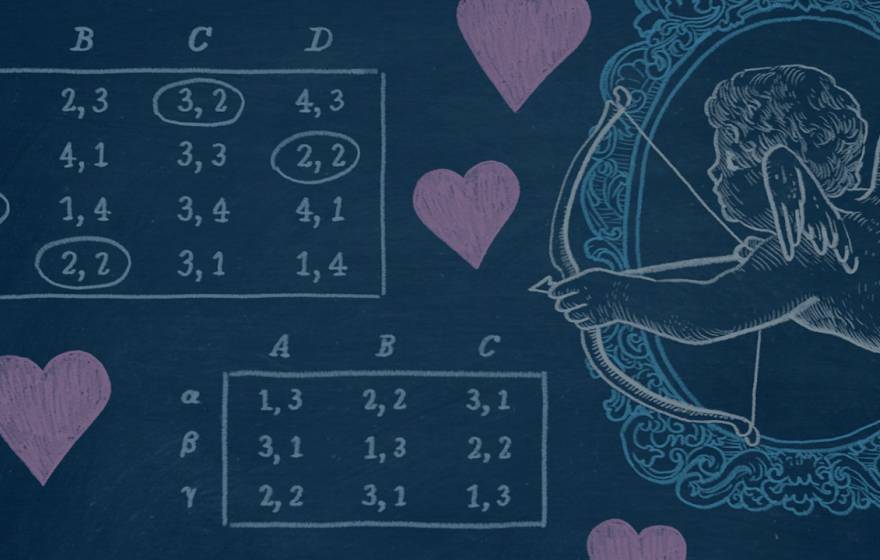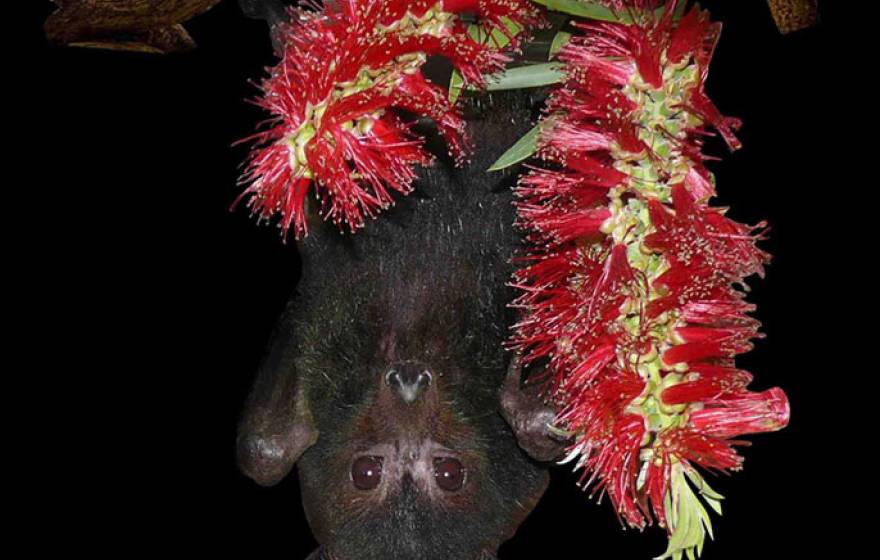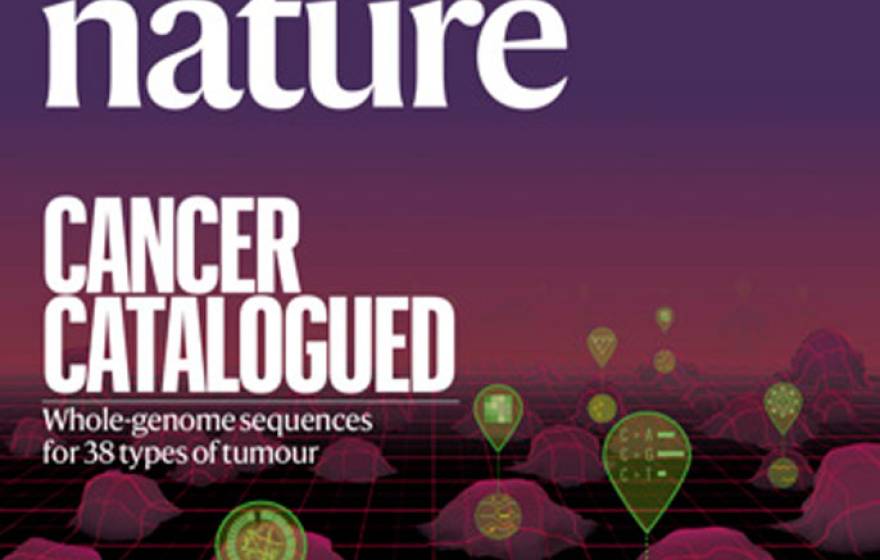Birch Aquarium at Scripps Institution of Oceanography, UC San Diego, successfully breeds rare weedy seadragons for the first time.
Welcome to the world, baby dragons
California surgeon general aims to cut adverse childhood experiences by half
Nadine Burke Harris, the state's first-ever surgeon general (and UC alum), is working with UCSF to realize her ambitious goal.
All along the pipeline, men promote men
At one bank, the cumulative effect of male bonding accounts for 39 percent of the gender pay gap.
Scientists discover switch that controls chronic inflammation and aging
This could help treat or even reverse the development of conditions like Alzheimer’s, Parkinson’s and cancer.
Heading off an ‘election meltdown’
A streamable Feb. 28 symposium will explore the role of media, law, norms and technology in assuring acceptance of election results.
Predicting autism risk may begin with a drop of blood
New research study will analyze dried blood spots recorded from California newborns in hope of improving ability to predict autism risk.
How two matchmakers won a Nobel Prize
Long before dating sites, a pair of economists hit upon a formula with applications far beyond romance.
Taking a stand against prolonged sitting
Stretch breaks and more open classrooms could lower health risks for students and faculty.
Find social media frustrating? Try empathy
Many walls are put between us by social media. But we can start breaking them down by putting ourselves in another's shoes.
Coronavirus outbreak raises question: Why are bat viruses so deadly?
Bat immune systems can be so fierce that they drive viruses to a virulence that proves deadly for humans.
Most comprehensive study of whole cancer genomes completed
The Pan-Cancer Project discovers causes of unexplained cancers and zeros in on mechanisms of development.
Agricultural area residents in danger of inhaling toxic aerosols
Overuse of selenium-heavy fertilizers creates airborne, lung-damaging particles.
